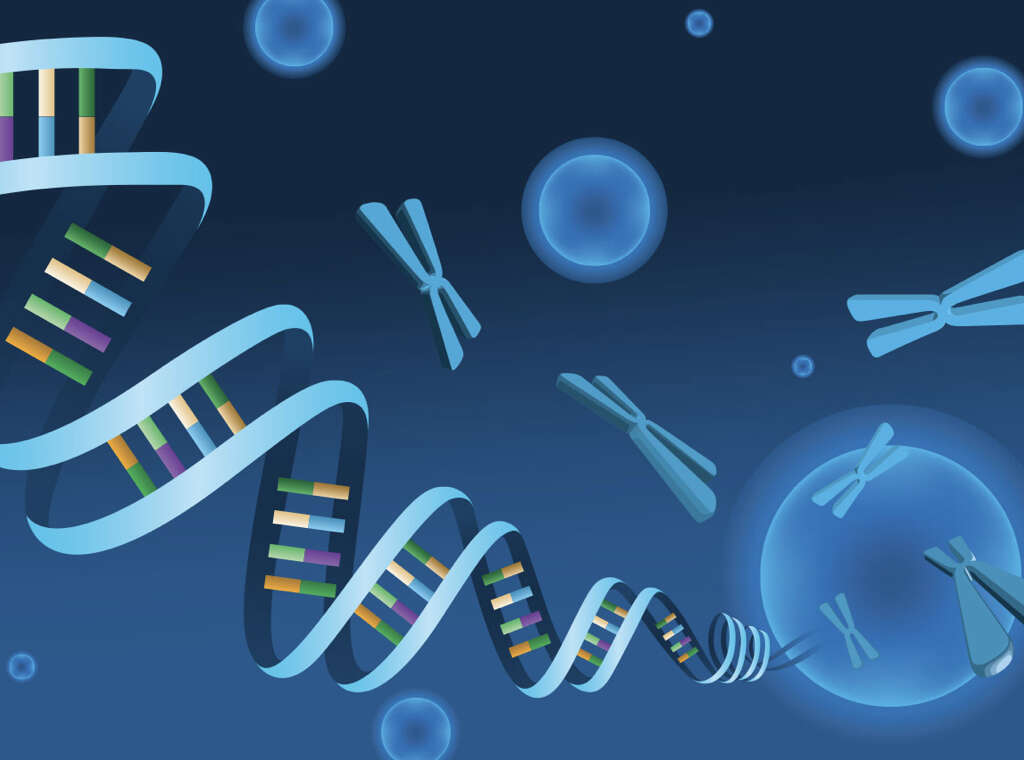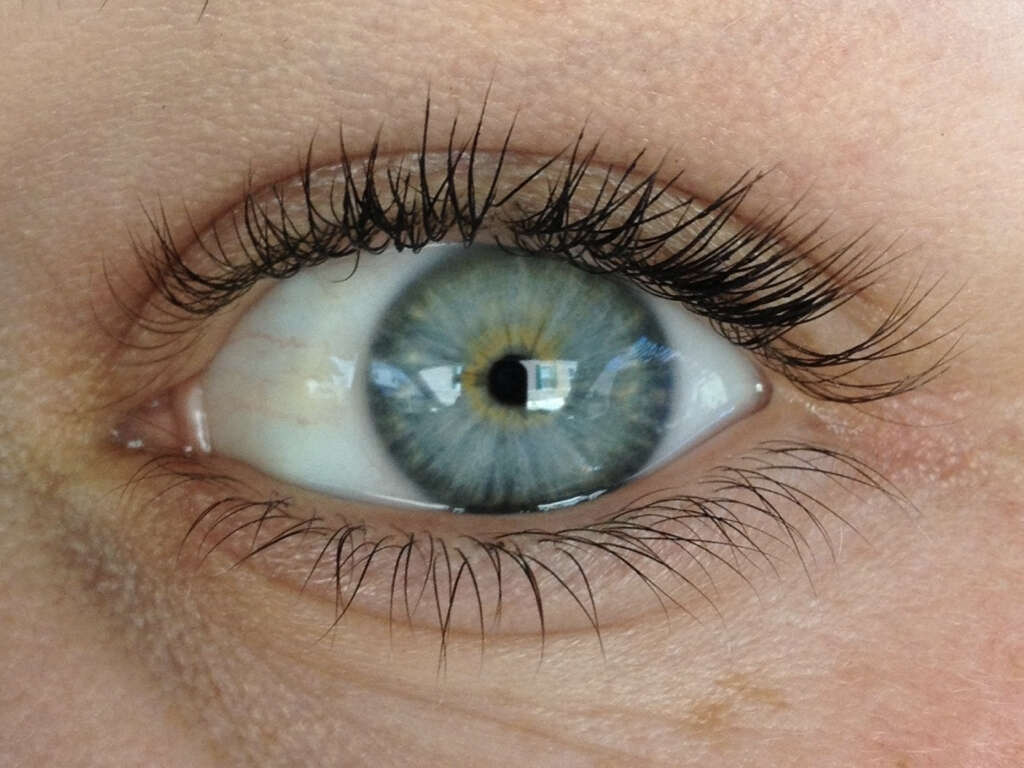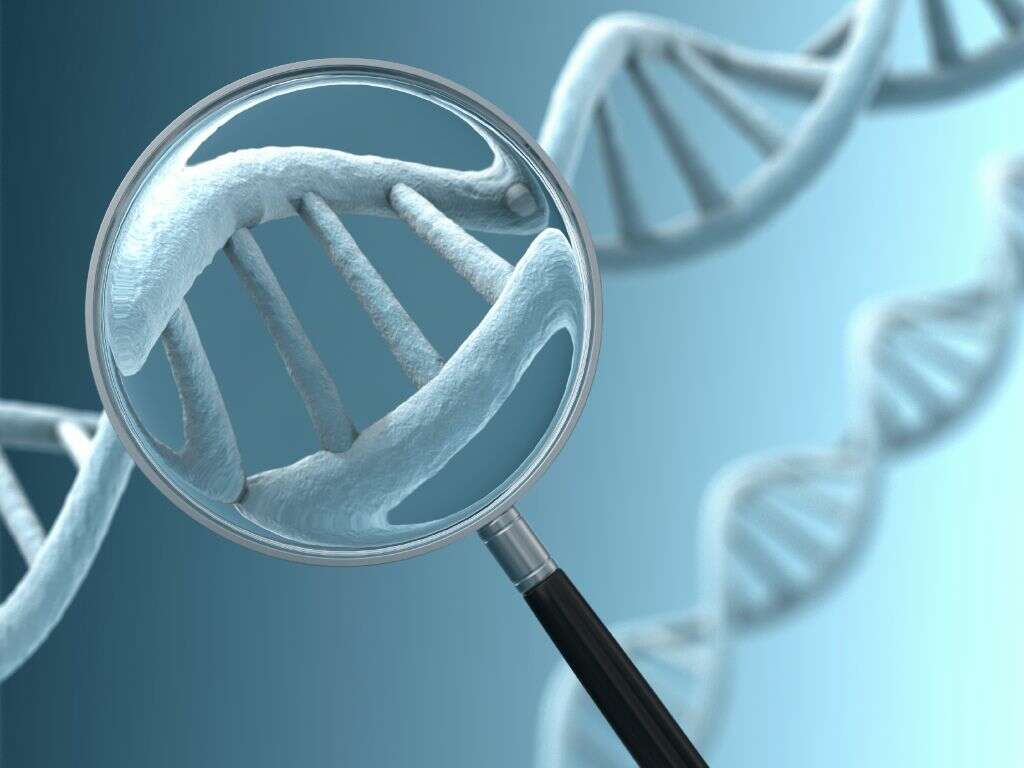What Is Prader Willi Syndrome?
When the egg and the sperm meet, their DNA is shared, and there is a vast amount of information involved. With such a large amount of information to process, it is inevitable that errors will sometimes happen, and they sometimes do. In some cases, certain genes might be copied incorrectly or not at all, potentially causing some profound results.
Prader Willi Syndrome is one example of this happening, and it has the potential to have a considerable impact on the patient’s overall well-being. Here is a closer look at the condition, some of the symptoms it will cause, and what can be done to help treat the patient.
1. Prader Willi Syndrome
Prader Willi Syndrome is a condition that causes the patient to become constantly hungry, among other things. It is a genetic disorder that is also thankfully rare, and the patient will usually start to show symptoms at around 2 years old. The condition can result in symptoms that can have a considerable negative impact on the patient’s quality of life.
There is no cure for the condition, but treatment is on hand to help at least limit the severity of the symptoms. If the condition is well managed then the patient can go on to lead a relatively normal life with a normal life-expectancy.
2. Causes
As mentioned, Prader-Willi syndrome is a type of genetic disorder. The exact cause of the disorder is not well understood, but we do know that genes in chromosome 15 are affected. In Prader-Willi syndrome it is certain paternal genes that are responsible for the condition, which means those that are passed on from the father.
However, the disorder is usually down to a random genetic copying error, which means it is not necessary for the father to have the faulty in their genes. The disorder will cause problems with the functioning of the hypothalamus. This is a part of the brain that is responsible for processes like development, sleep, mood, growth, and hunger.

3. Symptom In Infants
As mentioned, the symptoms of Prader-Willi syndrome are likely to show when the patient is around 2 years old. When symptoms do show, one of the first that will be noticed is hypotonia, which is poor muscle tone. Infants with the condition will also often have poor responsiveness.
The condition will also often cause a poor sucking reflex, and this can exasperate any problems with their development. Patients with Prader-Willi syndrome are also likely to have underdeveloped genitals. Facial features such as a thin upper lip, turned down mouth, a narrow head at the temples, and almond shaped eyes are also common symptoms.
4. Symptoms in Children and Adults
As the patient grows out of infancy, other symptoms will become more apparent. These include poor physical development, and patients with the condition are likely to be shorter on average, in addition to having low muscle tone, poor motor skills, and delayed speech development. They may also experience physical problems including curvature of the spine, hip problems, and small hands and feet.
The patient’s genitals will continue to be underdeveloped, and puberty may be delayed, if it arrives at all. The patient may also suffer from behavioral problems and they may also have intellectual disabilities. Perhaps the most typical symptom is cravings for food, and the patient can become obese.

5. Obesity Complications
The patient’s appetite is likely to cause them to gain weight and, if this is left unchecked, they can become rather obese. This is exasperated by their lower than usual muscle mass, which means they will burn fewer calories than usual. Obesity will itself go on to cause a variety of other problems for the patient.
These problems include sleep apnea which is a condition that causes the patient to wake up at night because they cannot breathe. Other potential complications caused by obesity include gallbladder stones and an increased chance of developing liver disease. Type 2 diabetes is another condition that obese people are more likely to develop.
6. Hormonal Complications
Patients with Prader-Willi syndrome will tend to have lower than usual hormone levels, and this can cause other problems for them. One of these is osteoporosis, which means the patient’s bones are brittle and weaker than usual. This will mean they will break more easily than usual, and this will lead to further problems still.
Complications of broken bones include an increased risk of infection, and a loss of strength and mobility. Another problem caused by hormone deficiencies is that the patient will likely be infertile. It is thought that some women with Prader-Willi syndrome have been able to get pregnant, but this is rare.

7. Other Complications
In addition to causing obesity, the patient’s huge appetite will sometimes lead to choking when binge eating. The amount of food that the patient eats will also sometimes cause their stomach to expand beyond normal levels. In a small percentage of cases the patient’s stomach can even rupture.
Prader-Willi syndrome will also have a negative impact on the patient’s quality of life overall. They can struggle socially and academically, as behavioral and cognitive issues prevent their development. The severity of the symptoms will vary from case to case, however, and some patients will be able to live relatively normal lives.
8. Prevention
Prader-Willi syndrome is completely random and there is no sure way of preventing the disorder from happening. It is not down to anything that the parents have done either before or after the patient was born. However, parents who have already had a child with the condition should consider speaking with a genetic counselor if they want more children.
The counselor will be able to help determine the risk of the next child having Prader-Willi syndrome. Although there is no way to reverse the condition, preventative steps can still be taken to help limit any complications the patient might experience.

9. Diagnosis
A doctor will often be able to diagnose Prader-Willi syndrome from a clinical examination. This typically includes a physical examination that will help them to look for signs of the condition. The signs include physical characteristics, along with other symptoms like hunger, obesity, and mental deficiencies.
The doctor is still likely to want to confirm the diagnosis, however, and tests are available that will help achieve this. This will tend to mean taking a blood sample to be sent away for examination. Experts will then be able to use this to analyze the patient’s DNA and look for the genes responsible for the condition.
10. Treatment
There is no cure for Prader-Willi syndrome, but the patient can still be treated to help manage their symptoms. This will tend to include hormone therapy that will help to overcome problems like osteoporosis and development issues. Diet management will also likely be necessary to help prevent obesity and all the complications that come with it.
Physical therapy can also be used to help the patient’s muscles develop as well as possible. Other types of therapy can also be used to help with the patient’s learning development and their social skills. Mental health experts can also help the patient with managing their behavior.











